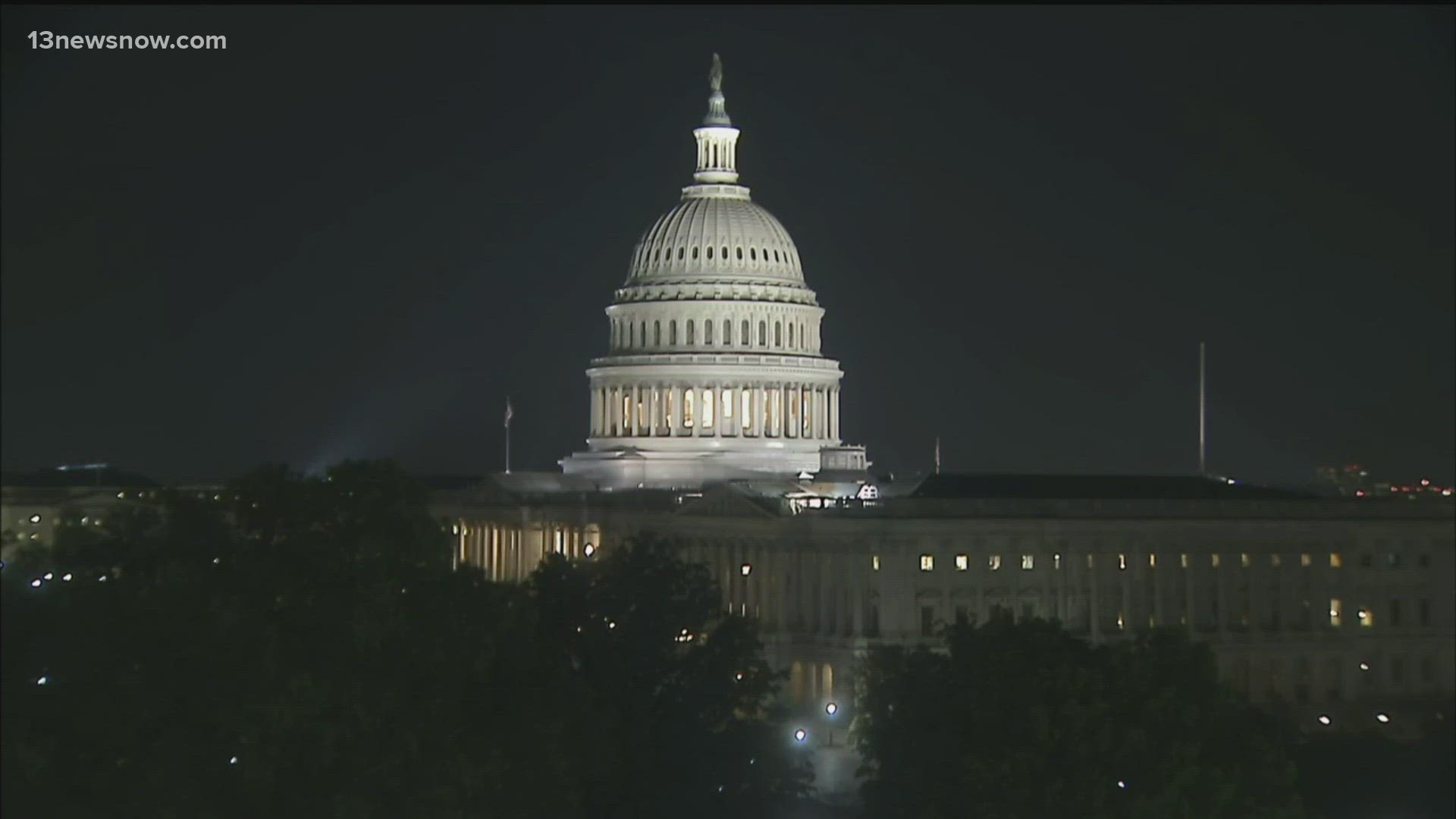RICHMOND, Va. — States have urged the Federal Trade Commission to strengthen its rules prohibiting websites, mobile applications, and other digital marketing companies from collecting personal information from children under the age of 13 and using that information to track children across the internet.
Virginia's Attorney General Mark Herring joined a coalition of 25 state attorneys general in submitting the letter to the FTC.
The attorneys general said many websites and mobile applications collect personal information from users, including geolocation information, browser histories, search histories, voice recordings, and more.
In 1996, Congress passed the Children’s Online Privacy Protection Act (or “COPPA”) prohibiting this type of data collection from children under the age of 13. Both the FTC and all state attorneys general are empowered to enforce COPPA, though only the FTC is empowered to issue regulations based on COPPA.
“Today it seems like technology is involved in every aspect of our lives and in our children’s lives,” said Attorney General Herring. “It is critical that we keep our children and their personal information safe online, which is why I am urging the FTC to strengthen its rules and prohibit technologies from collecting a child’s personal information.”
In the letter, attorney generals also urge the FTC to expand its definitions of personal information to include things like faceprints used to unlock consumers’ cellphones, health data from internet-connected smartwatches, and kids’ genetic information.
The letter asks the FTC to clamp down on companies that embed code in children’s mobile applications and collect data to serve children behavioral advertising and to examine how the rules apply to school-issued laptops that are “free” so long as companies get to collect information from the students using them.
Further, the attorneys general urged the FTC not to create exceptions to the rule that would allow massive websites like YouTube to skirt COPPA’s requirements.
Joining Attorney General Herring in sending this letter are the Attorneys General of Connecticut, Delaware, the District of Columbia, Idaho, Illinois, Iowa, Kentucky, Louisiana, Maine, Maryland, Massachusetts, Michigan, Minnesota, Mississippi, Nebraska, Nevada, New Mexico, New York, North Carolina, Oregon, Pennsylvania, Tennessee, Vermont, and Washington.



